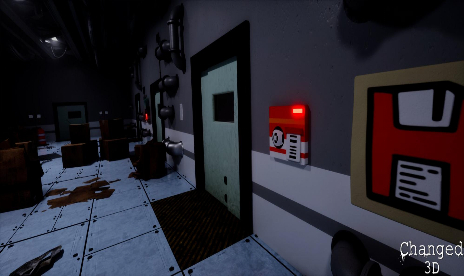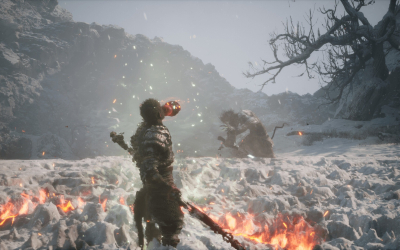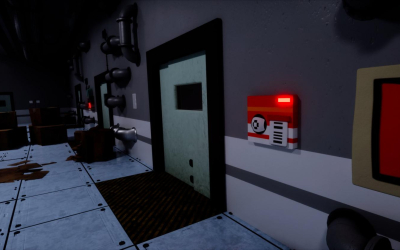Europa Universalis V verfeinert die Formel der großen Strategie, kämpft aber mit den bekannten Wachstumsschmerzen
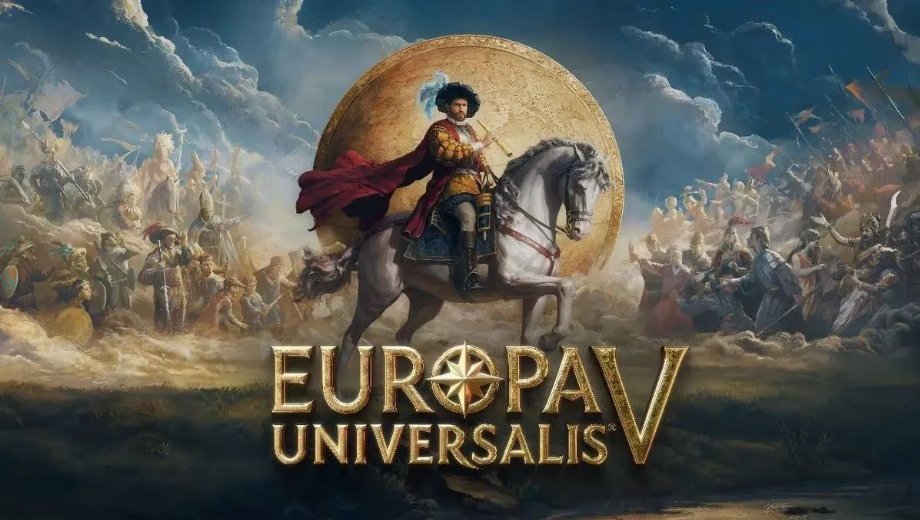
Europa Universalis V marks the long-awaited return of one of Paradox Interactive’s most influential grand strategy series. According to TheGamer, the sequel delivers deeper state management and smarter AI diplomacy but still carries the technical rough edges Paradox veterans have come to expect at launch.
A More Focused Take on Empire Building
Das ist der Kern, Europa Universalis V refines the familiar 4X loop that defined the franchise: expanding trade, waging wars, and maintaining a delicate balance between internal politics and global conquest. The new installment emphasizes administrative detail over territorial sprawl. Players now oversee population demographics, trade classes, and evolving regional cultures that influence taxation and rebellion risk.
In its review, PC-Spieler praised the game’s layered systems, calling it “a more human grand strategy experience.” Unlike earlier titles that treated provinces as static numbers, EU5 adds social strata, religion, and infrastructure as living mechanics. These changes make empires feel dynamic rather than purely mathematical.
Ambition Meets Technical Friction
However, early performance and balancing issues remain. IGN reported that while the simulation depth is impressive, frame-rate drops and occasional desyncs appear in large campaigns. The title’s complex trade and population models can also slow down late-game turns. These flaws don’t break the experience but highlight the need for optimization patches and a smoother tutorial for new players.
Despite these hiccups, Europa Universalis V’s presentation shows major progress. The new 3D map engine introduces realistic terrain shading and dynamic lighting tied to seasonal cycles. Armies now march across fields with visible banners and morale states, helping players track conflicts without digging through nested menus. Longtime fans will also appreciate the orchestral score and visual scale that finally match the franchise’s ambition.
Community and Modding Potential
The fan community is already dissecting mechanics and experimenting with early mod tools. As SpieleRadar noted, Paradox released modding support on day one, signaling its commitment to long-term engagement. The studio also confirmed that future expansions will build on the new “Dynamic Histories” framework, where global events evolve differently based on player-driven trade and governance choices.
Players are optimistic that, like previous Paradox games, EU5 will mature through patches and DLC. The active modding scene surrounding Europa Universalis IV suggests that EU5’s life cycle could easily stretch a decade if the foundation holds up under community innovation.
Verdict: Depth Over Accessibility
Europa Universalis V doesn’t reinvent the genre, but it refines it. TheGamer’s review concludes that the sequel offers “an empire-builder that feels alive, complicated, and demanding in the best ways.” For veterans, this means hundreds of hours of micromanagement and discovery. For newcomers, the learning curve may still feel steep, even with tutorial improvements. But few games match its scale or historical depth.
For the Megagames audience, EU5 represents Paradox at its most confident and most vulnerable: a developer chasing long-term vision while still working through the growing pains of its grandest worlds. If future updates address performance and pacing, this entry could stand as the definitive version of Paradox’s crown jewel.


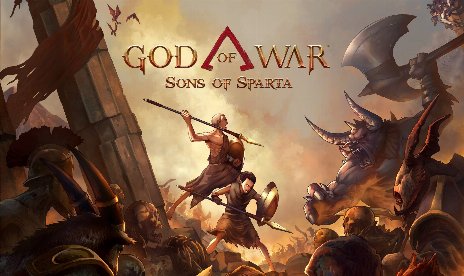


![Dynasty Warriors: Origins v1.0+ (+37 Trainer) [FLiNG]](https://9588947a.delivery.rocketcdn.me/wp-content/uploads/2026/02/Dynasty-Warriors-Origins-01-464x276.jpg)

![Dragon Ball Z: Kakarot v1.03-v2.30+ (+32 Trainer) [FLiNG]](https://9588947a.delivery.rocketcdn.me/wp-content/uploads/2026/02/Dragon-Ball-Z-Kakarot-01-464x276.jpg)





